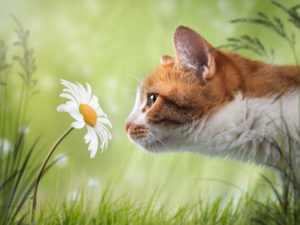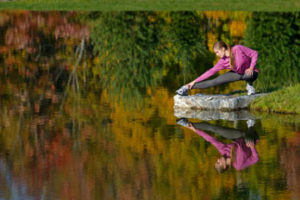
From 101 Creative Writing Exercises: Rock and Rhyme (Poetry)
Today’s post features an exercise from my book, 101 Creative Writing Exercises (aff link), which is filled with exercises for various forms of writing, including fiction, poetry, and creative nonfiction. It will inspire you while imparting useful writing techniques that are fun and practical. This exercise comes from “Chapter 8: Free Verse.” The creative writing exercises in this…Read More

Poetry Writing Exercises in Space and Time
Poetry is the most artistic form of writing. A poem can be concrete or abstract. It can be expressive or pensive. It can cover just about any subject imaginable. But despite what poetry can be, it is most often used as a form of emotional self-expression, especially by young and new poets. When we’re feeling…Read More

Poetry Writing Exercises to Engage the Senses
Ah, the senses: sight, sound, smell, taste, and touch. How do they relate to poetry writing? We delight in the pleasures of the senses, but infusing poetry with sensory stimulation is not an easy task. It takes a deft and creative writer to forge images — using text — that engage a reader’s senses. So…Read More

From 101 Creative Writing Exercises: Cut-and-Paste Poetry
Today’s poetry writing exercise comes from my book 101 Creative Writing Exercises. The exercises in this book encourage you to experiment with different forms and genres while providing inspiration for publishable projects and imparting useful writing techniques that make your writing more robust. This exercise is from “Chapter 8: Free Verse.” It’s titled “Cut-and-Paste Poetry.”…Read More

Three Poetry Writing Exercises
If you’re going to exercise, it’s a good idea to warm up first. That way, you’ll get your body geared up to do the heavy lifting, the hard running, and the strenuous workout. Writing’s no different. Poetry writing exercises are ideal when you’re feeling uninspired or lazy, or maybe your poetry is getting stale and…Read More

Poetry Writing Exercises: Using Connotation to Find the Perfect Word
Poetry writing exercises are an excellent way to develop writing skills, especially skills that are essential to writing compelling poetry. Writing exercises can provide us with new perspectives, techniques, and ideas that strengthen and improve poems we’ve written and poems we have yet to write. Words are the most basic building blocks for writers, and…Read More

Poetry Writing Exercise: Creative Wordplay
Charles Dickens invented the word boredom. Sylvia Plath coined the term dreamscape. William Shakespeare gave us bandit, swagger, and gossip, along with over 1,700 other words that previously didn’t exist in the English lexicon. Writers have a long history of inventing new words, which shouldn’t come as a surprise. When we encounter an idea or…Read More

From 101 Creative Writing Exercises: Haiku
Today’s writing exercise comes from my book, 101 Creative Writing Exercises, which takes writers on an exciting journey through different forms and genres while providing writing techniques, practical experience, and inspiration. Each chapter focuses on a different form or writing concept: freewriting, journaling, memoirs, fiction, storytelling, form poetry, free verse, characters, dialogue, creativity, and article and…Read More



